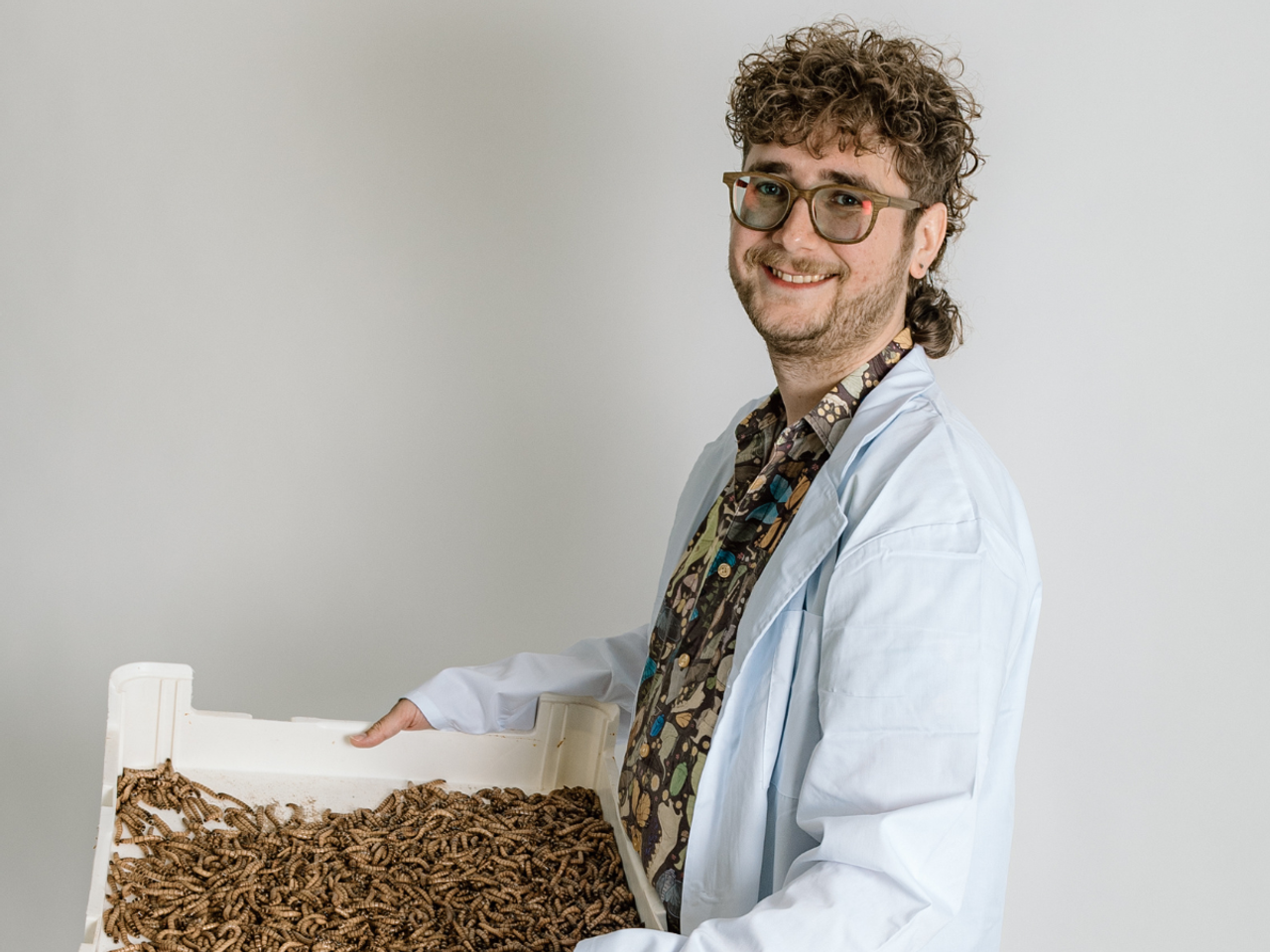Breeding a Better Bug
Posted by Damian Tweedy, Entomologist at Fluker Farms on Oct 27th 2025
Damian Tweedy, one of Fluker Farm’s entomologists, has co-authored a new study with researchers from the USDA Agricultural Research Service exploring how selective breeding can improve the performance of one of the world's most important farmed insects, the Yellow Mealworm (Tenebrio molitor).
The paper “Three-generation simultaneous selection in two quantitative traits of Tenebrio molitor (Coleoptera: Tenebrionidae) and seasonal effects on phenotype expression” examines whether can be bred for faster development and higher biomass production without sacrificing other key traits.
Across three generations of carefully controlled selection, the research team selected two traits simultaneously: Larval Development Time and Pupal Weight. The results were conclusive; you can select for both traits without having to give up one or the other. This demonstrates that targeted breeding can yield a more efficient mealworm without sacrificing quality or survival.
Evaluating the mealworm over three generations also revealed interesting data on seasonality while growing mealworms. Even when kept in highly regulated conditions, mealworms performed differently in the summer than in the winter. The most noticeable thing was that mealworms developed faster in the winter months than in the summer.
These findings make an important step forward in the science of insect agriculture. By applying standardized and structured breeding programs, producers can potentially reduce development time while also increasing yields leading to a more consistent and sustainable insect farm.
The study was conducted by Juan A. Morales-Ramos, M. Guadalupe Rojas (USDA-ARS), and Damian Tweedy (Fluker Farms/Beta Hatch Inc.). Published in the Journal of Economic Entomology, 2025. DOI: 10.1093/jee/toaf197

